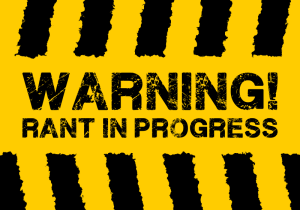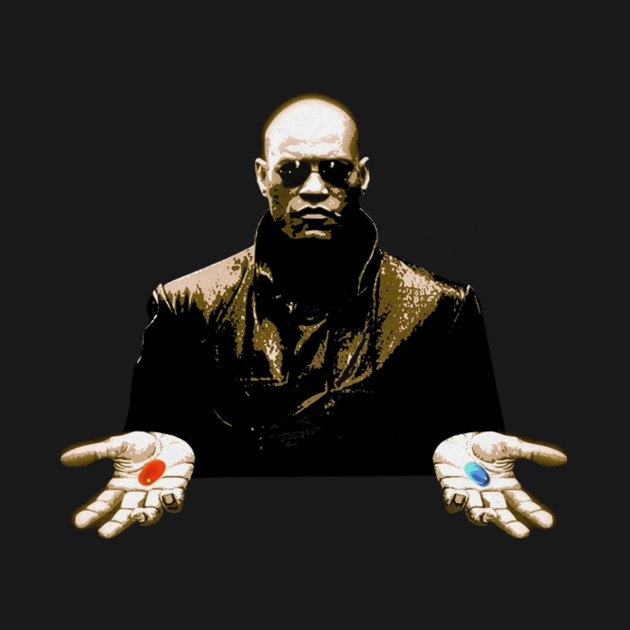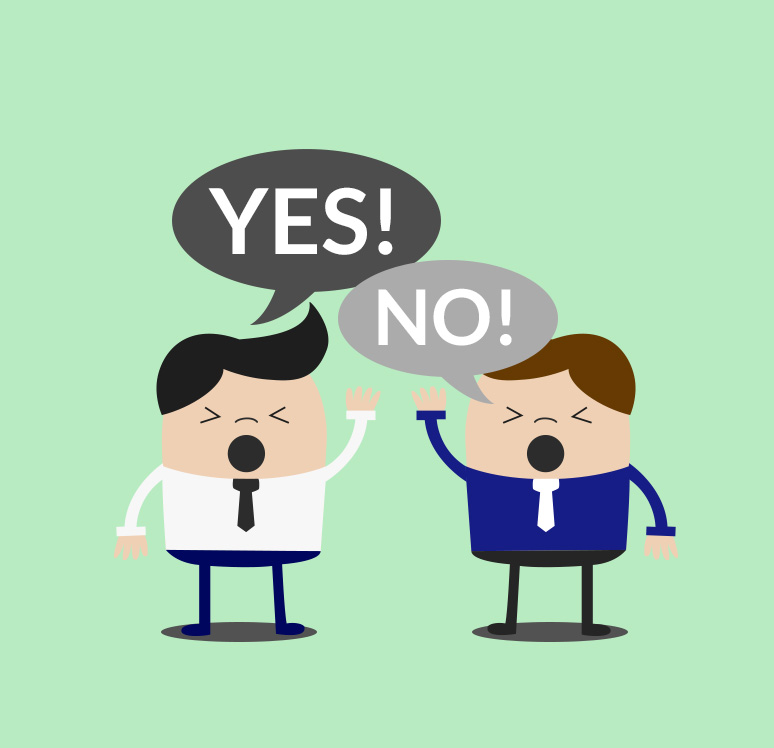
“Would it help?” ~ Rudolf Ivanovitch Abels in “Bridge of Spies” when asked “don’t you ever worry?”
When I get angry… really angry because of some unmet expectation (yes, I fall off the wagon, too!), my reaction is frequently anger about my anger. I want to be a more present individual. I know anger is not a productive response to anything. So when I catch myself feeling anger, what happens? I get angry with my anger! What’s with this, and what can I do about it?
Getting angry about being angry is really a meta-Knower/Judger response. Anger referring to, or about, anger. How screwed up is that? But I do it. Do you?
It’s really a good sign if you don’t like this anger response to your own anger. It’s observational, and observing is done by the Learner/Researcher. The other two possible responses are:
- I don’t even recognize how angry I am and just continue to flame on.
or
- I recognize my negative reaction and don’t care about it. I’m entitled!
So the fact that I am aware of my anger and don’t like it so much that I’m angry about it pushes me to do something about it, such as stop the rant, back off, apologize, or, as my friend Mary Lore taught me, ask for a “do-over.”
The sequence of events usually goes like this:
- Event occurs.
- Expectation is unmet.
- I get angry.
- I don’t like the feeling.
- I get angry about my anger.
- I am aware of this meta-anger.
- I choose to disengage from my ire with myself.
- I replace it with a repairing reaction.
Clearly if I can skip the second step of getting angry with my anger I can shorten the whole process and put the world back together more quickly. That, like any worthwhile skill, takes practice.
So what’s required for this to happen?
I want to stop the negative reaction to my negative reaction. I’d prefer no anger over my anger. I’ve gotten pretty good at that over the past 10–12 years—maybe age helps. Many of my readers who have known me over the years know my fuse is longer than it used to be and, if lit, frequently gets extinguished pretty quickly.
Nowadays I’m more likely to get to the angry point and ask myself if that’s the feeling I want. This is accessing the L/R when you’re rushing headlong into a K/J reaction. It is not easy. Takes practice. Asking myself if this is the feeling I want is consciously accessing my L/R (asking clear questions for data without emotion). When the answer is no (and it always is), I get to make a choice (which I can’t really do from my bulldozing K/J).
So if I’m not feeling what I want to feel, what can I do about it?
Change it. That’s right. Change the feeling.
Previously, I had a K/J “truth” that I can’t change my feelings consciously. Anger. Fear. Sadness. If I feel them, I’m stuck with them. Where did I learn that? Who said? When I let that “truth” go I can suddenly change any situation by altering my interpretation of it and reaction to it. So I can let go of my anger over my anger… and eventually I can let go of the foundational anger altogether.
How? I seek out replacement feelings like gratitude and memories of joy.
I recall what I paraphrase as Eckhart Tolle’s three productive responses to things:
- Engage enthusiastically
- Enjoy passively
- Accept
I can execute one of these to replace my meta-anger. When I look at myself getting angry at myself for getting angry, it almost makes me laugh. I can and do engage with that enthusiastically. It’s so dumb, it’s a joke.
Then I’m left with the source of the original anger. Same thing.
- Engage enthusiastically
- Enjoy passively
- Accept
And you know what? The dark cloud goes away.
I don’t want the ripple effects of my anger over my anger. Moreover I don’t want the ripple effects of my original anger because… “would it help?”



